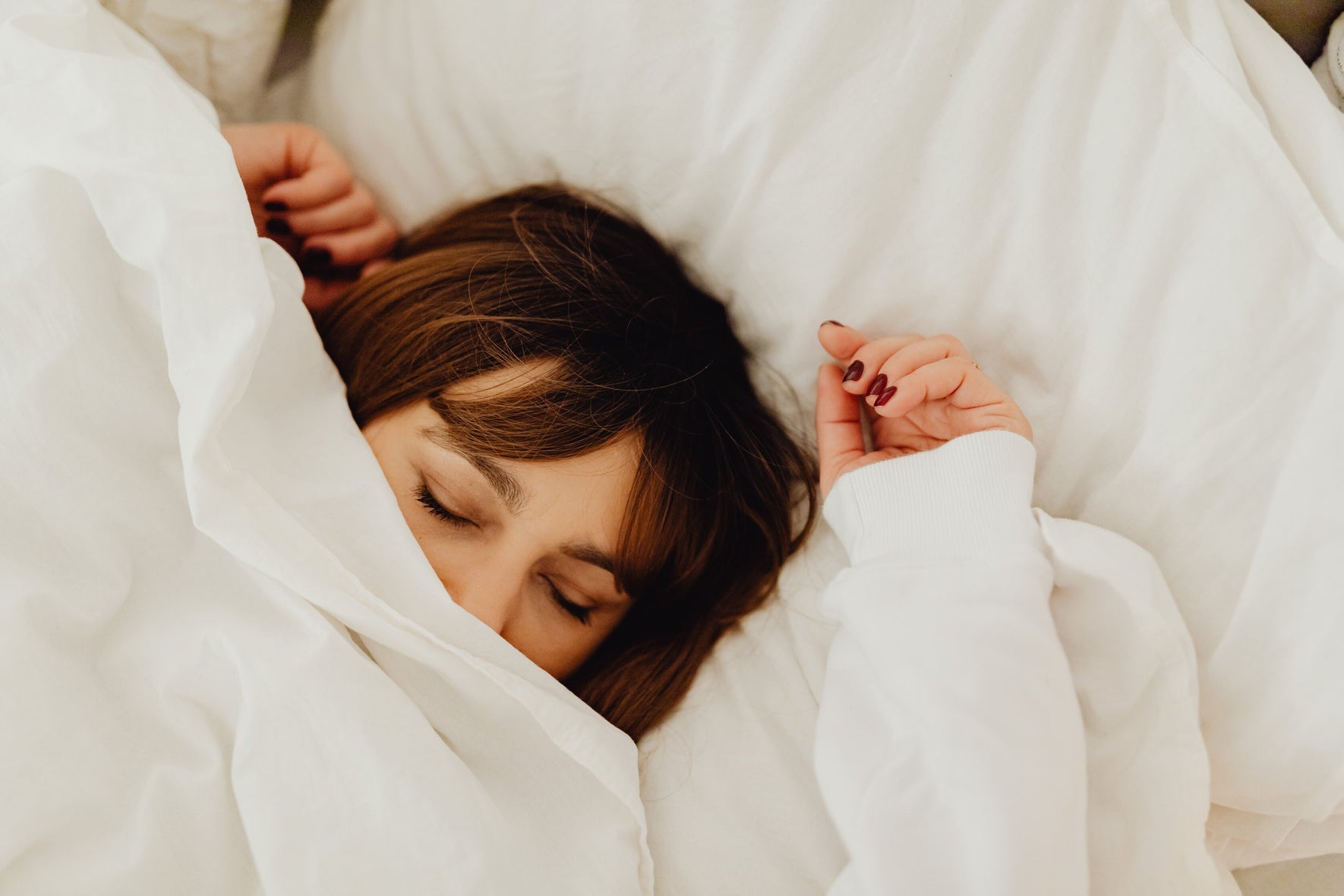
Foods to Help You Sleep
If you crave better sleep, it might be time to look at your cravings. Eating the right – and the wrong – foods before sleep can seriously impact the quality of your shut-eye. Here’s what you need to try, and what to avoid...
To get better, deeper sleep
Eating well in the evenings plays a big part in getting good sleep, although be careful not to eat too close to bedtime; eating any less than 2-3 hours before you sleep can trigger the release of insulin, which can shift your body's sleep-wake cycle, signify wakefulness in the brain and interfere with your ability to fall asleep. For your evening meal, go for foods that contain tryptophan, an amino acid that boosts the hormone serotonin, the precursor the melatonin. Tryptophan is mainly found in protein, so make chicken or turkey your protein of choice. Eating it alongside a carbohydrate like sweet potatoes or rice will help make tryptophan more available to the brain which means it may take you less time to fall asleep initially, as well as find it easier to stay asleep throughout the night.
Fibre isn’t just an essential for keeping your digestive system healthy, it’s important for sleep too. Thanks to the sleep-gut connection, a healthy gut is crucial to a good night’s sleep and vice versa; that’s because when you lose sleep you also lose diversity in your microbiome. According to some studies, those who eat a high fibre diet often fare better with slow wave sleep or the deeper stages of sleep. That’s because fibre is rich in prebiotics which feed the good bacteria in the gut and keep it healthy. Prebiotic-rich fibrous foods include wholemeal bread and pasta, bananas, onions, garlic and asparagus. A serving of Workshop’s Gut Cleansing Fibre will also do the job well.
What to avoid if you want to sleep well
It goes without saying that you shouldn’t mainline caffeine if you want a decent night’s sleep, but do you know why? It’s because caffeine blocks the production of a chemical called adenosine which helps get us ready for sleep. If it isn’t produced, then it’s harder for us to fall asleep in the first place and stay that way. The same goes for alcohol; although it’s a sedative and may help you fall asleep initially, it will increase wakefulness during the night and lengthen the amount of time we spend in the lightest stage of sleep too. According to the Sleep Foundation, high alcohol consumption decreases sleep quality by 39.2% while even low levels decrease it by nearly 10%.
